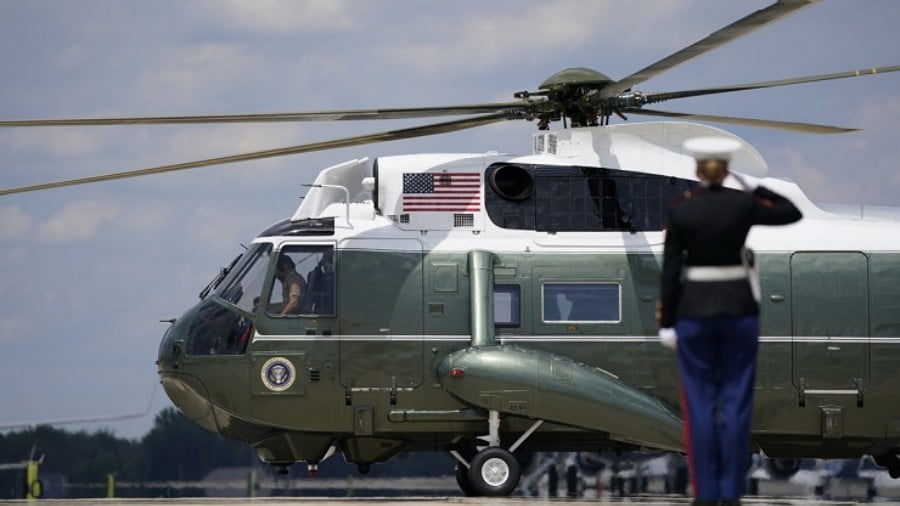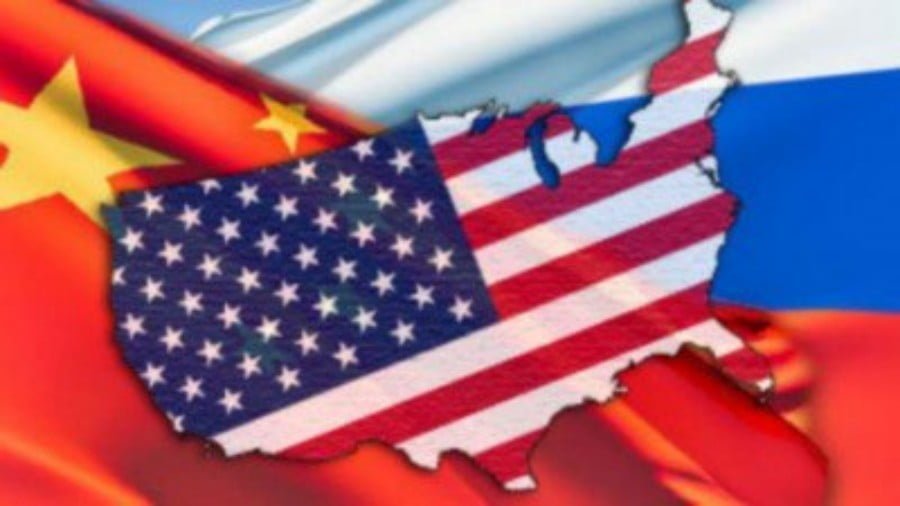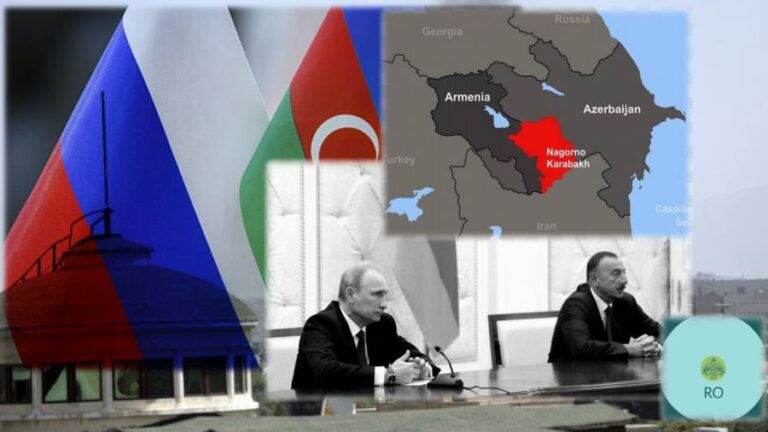The United States Faces Interesting Times
It doesn’t matter who wins the election due to be held in the United States on Tuesday, 3 November. The lessons of the post-World War II era disclose a number of things, but the first of these is that irrespective of who holds the Oval Office, United States policy remains essentially unchanged.
The one president who showed some signs of departing from that policy, John Kennedy, was killed before he could fully implement what he perceived as essential changes. These included withdrawing from the Vietnam war. Kennedy’s death, amongst other things, prolonged that war for a further 12 years.
Since then, regardless of who has held the nominal office of head of the United States, the policy has remained the same. It is true that the incumbent for the past four years, Donald Trump, has not started any new wars. But that is all a matter of definition. He may not have started any new shooting wars, but neither has he finished any commenced by his predecessors.
A great deal also hinges upon the word “war”. It is probably true that he has not commenced any new shooting wars, but he has waged a relentless campaign against for example, Venezuela and Iran.
In Venezuela’s case he (along with a number of western leaders) have recognised Juan Guaido is the president of Venezuela. This is despite the fact that Guaido never even stood for the office at the last general election.
The American war on Iran has been waged relentlessly, despite Iran doing nothing to violate the terms of the agreement reached with the United Nations Security Council. The fact that the United States has totally disregarded international law in this case is a revealing insight into how the United States views its obligations under internationally recognised treaties.
The United States has remained in the United Nations despite the latter withdrawing from a multitude of other international bodies in recent years. This is not because it accepts the authority of the United Nations or any of its bodies. The fact that the United States simply ignores United Nations Security Council resolutions of which it disapproves is probably the major reason why the United States remains in the body. It has not suffered any sanctions because of its blatant disregard for that bodies authority.
One of the interesting things that is emerging from the present United States presidential race is the fact that both China and Russia are now officially designated as enemies. There are some pretend differences between the two parties on this issue, but it may be comfortably assumed that regardless of who takes office in January 2021 the policy of both will be identical, or so similar as to not make a difference.
The reason for this goes back to my earlier point. The United States has seen itself as the sole arbiter of world policy since 1945. This has been forced to undergo some changes over time, but the essential position remains unchanged. The only acceptable resolution of world leadership is with the United States dictating its terms.
This has not been the case now for a least a decade. It was overtaken economically by China and militarily by Russia. The United States has not and probably will not accept that reality. Hence its now unbridled fighting of war by other means against both countries.
It is by far the best explanation for explaining the sudden rise of fighting in a range of central Asian nations, from Belarus on Russia’s borders all the way to western Asia with the troubles busily being fermented in the several areas of significance to China, including but not limited to the western province of Xinjiang.
These are not a coincidence. They represent a determined effort by the United States and its allies to fight a war by other means. The recent attacks in Iran are a classic illustration of that point. The fact that Iran is being attacked despite recent major development deals recently concluded with both Russia and China is a measure of how seriously the United States regards the situation.
Iran is also a major signatory to the Chinese Belt and Road Initiative. It is significant that the United States, together with Australia, Japan and India, none of whom have committed to the BRI, recently held a meeting to plot their own role. It is not proving an unqualified success as the Indian writer M.K. Bhadrakumar recently pointed out.
The United States is making all sorts of soothing noises to the other three nations, although they would have to be terminally naïve to accept that they would be equal partners with the United States in any such alliance. It is best interpreted as yet another attempt by the United States to organise the world in its own light.
That will not stop the United States from trying to cajole those countries to join its vision of the anti-China campaign. The position of Australia is particularly interesting here. China is by far its largest trading partner, although recent Chinese moves against the major Australian exports of wine, beef and iron ore are denting that. Australia at the moment does not know what its appropriate response should be.
It is a Chinese curse to say that one should live in interesting times. That applies very much today.






